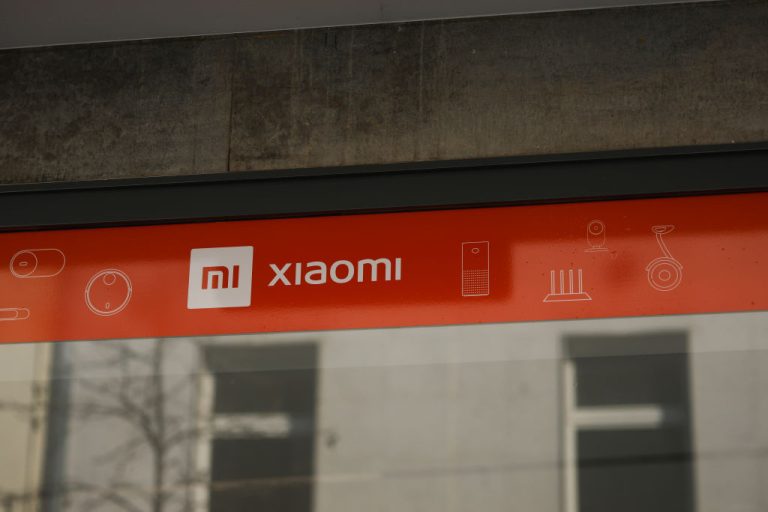According to a recent Bloomberg report, India is considering restricting the sale of smartphone devices, in the sub-$150 range, manufactured and sold by Chinese smartphone makers. The move would negatively affect Chinese phone makers like Xiaomi and is intended to give local Indian manufacturers the opportunity to prosper in the market.
Market crackdown
Bloomberg’s report revealed that India — the second largest mobile market in the world — is thinking about pushing away devices made by Chinese manufacturers, especially Xiaomi, amidst growing fears that Chinese brands, like Realme and Transsion, could overshadow the country’s local smartphone makers.
The report said that India’s restrictions would hinder Chinese manufacturers, which have depended on India for profit. It remains unknown if the Indian government will implement formal policies or utilize informal channels to act on their blockage.
According to market tracker Counterpoint, smartphones that are sold under $150 took up “a third of India’s sales volume for the quarter through June 2022,” Bloomberg reported. Chinese firms supplied 80 percent of the devices sold in that period.
Local Indian companies like Lava and MicroMax found success after their launch in the past decade, but Chinese firms drove a stake into the market and have beaten the competition with their cheap yet expansive devices.
Success
You are now signed up for our newsletter
Success
Check your email to complete sign up
Chinese smartphone makers now sell the “vast majority” of devices in India. However, according to India’s junior tech minister, who spoke to the Business Standard, their rule over the market was not “on the basis of free and fair competition.”
However, following the border clashes between China and India in 2020 — where more than a dozen Indian soldiers died in a dispute at the Himalayan border — the latter pushed to pressure Chinese firms.
“The level of distrust is so high between India and China, I don’t think there’s any likelihood that these companies are not closely watched by the government,” Ashutosh Sharma, research director at market researcher Forrester, told the Financial Times.
In one instance, the Indian government banned more than 300 apps, including WeChat and TikTok — both of which are owned by Chinese state-run companies Tencent and ByteDance respectively — on the grounds of security concerns.
Following the news on Aug 8, Xiaomi’s shares dropped 3.6 percent in the final minutes of trading in Hong Kong, adding to a more than 35 percent drop in share value so far in 2022.
Steven Tseng and Sean Chen, analysts at Bloomberg, predict that Xiaomi shipments may decrease by 11 to 14 percent a year (20 to 25 million units), potentially seeing a four to five percent fall in sales should India crack down on Chinese-made devices.
Despite the considerations of a ban, CNN reported that the Indian people’s attachment to Chinese smartphones shows that there is staying power for Chinese firms, due to affordable prices and access to more features
“If you compare the features, Chinese smartphones offer a lot more, and cost only a little bit more,” Kiranjeet Kaur, associate research director at International Data Corporation (IDC), told CNN.
READ MORE:
- India and China Clash at Sikkim Border in the Himalayas
- Beijing Deploys Bombers to Himalayan Region as China-India Border Tensions Rise
- India Seizes $726 Million From Chinese Mobile Maker Xiaomi for Violation of Foreign Exchange Laws
Indian pressure on Xiaomi
Before their report surfaced, Bloomberg said the Indian government was already pressuring Chinese firms with close scrutiny of their finances, which resulted in “tax demands and money laundering.”
Xiaomi and rival company Vivo are being investigated by New Delhi’s local financial crime fighting agency for illegal remittances and money laundering, with both companies denying any wrongdoing.
Xiaomi is accusing India of inciting “physical violence” and engaging in coercive practices following a probe launched to investigate the aforementioned claims.
India also previously enacted unofficial means to ban equipment by Huawei and ZTE Corp, prompting wireless carriers to consider alternatives. Currently India has no official policy banning Chinese networking gear.
















